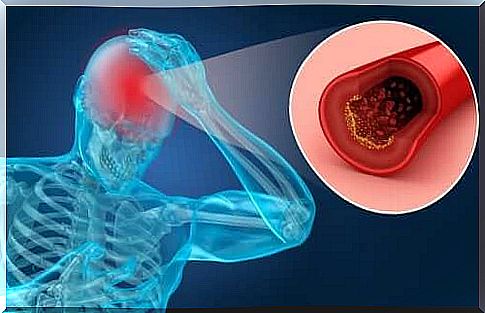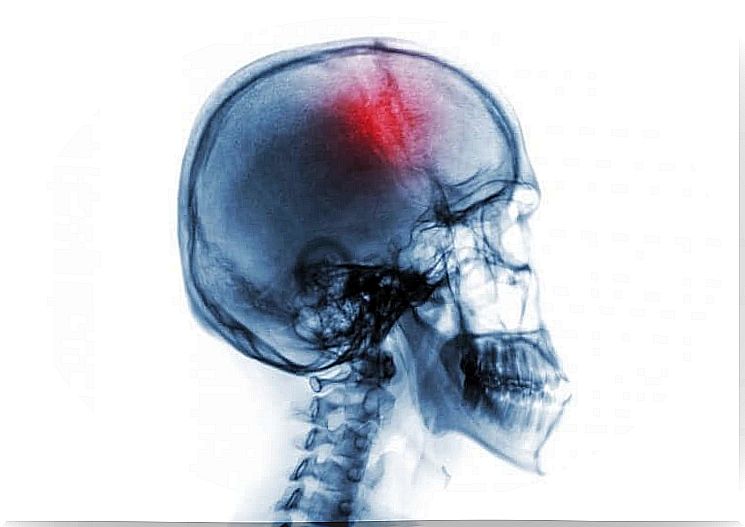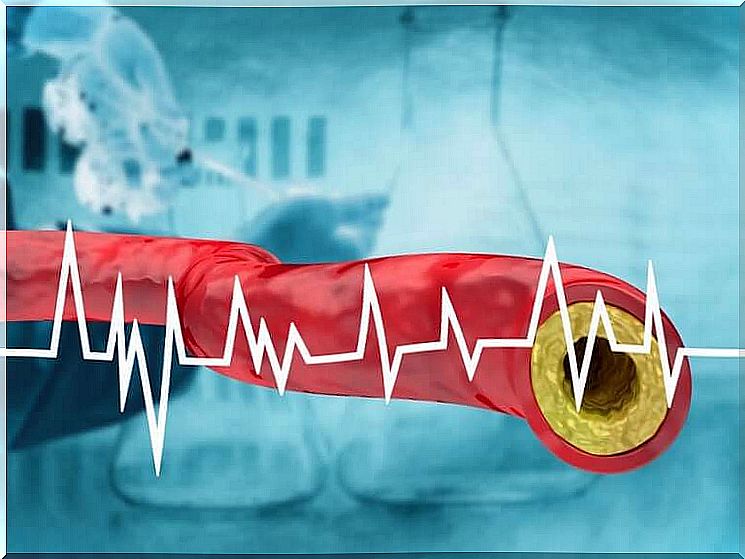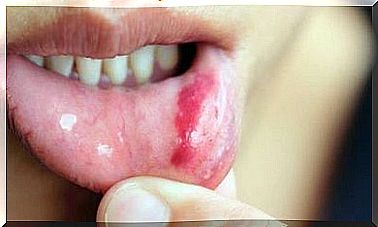Apoplexy (stroke): Risk Factors And Symptoms
Apoplexy is a stroke. This can cause sudden headaches, loss of vision or paralysis on one side, for example.

A stroke, or cerebrovascular accident, stroke, or stroke, is a sudden circulatory disorder in the brain. It is a medical emergency. When the blood supply to the brain is disturbed, brain tissue dies. This, in turn, leads to a neurological deficit, which can lead to disability or even death.
The term apoplexy actually refers to any interruption in blood flow, regardless of the organ in which it occurs. There are various forms of apoplexy (apoplexia adrenalis in the adrenal glands, apoplexia spinalis in the spinal cord, etc.). But most of the time this term is used to refer to a stroke.
The prevalence of stroke is very high, especially among people of advanced age. It is therefore important to know the risk factors and symptoms and to take precautionary measures as much as possible.
What is apoplexy?
Terms such as stroke, apoplexy, ictus or stroke are used synonymously. But there are various differences that need to be taken into account:
- A stroke is caused by critical disturbances in the blood supply to the brain.
- This can occur due to the blockage of a blood vessel that supplies the brain (ischemia). In this case, arteriosclerosis is often the trigger.
- However, there could also be a cerebral haemorrhage, in which case one speaks of a hemorrhagic stroke.
- Apoplexy is an old expression. This was used to denote the interruption of a brain function. With functional apoplexy, there are no structural changes in the brain, as is the case with a stroke. However, similar symptoms develop even when there are no underlying abnormalities.

Apoplexy: the main risk factors
There are numerous risk factors that can lead to a stroke. On the one hand, there are factors that cannot be influenced. These include age, gender, or family history.
From the age of 55, the risk of stroke doubles every 10 years. Men are more at risk than women. It should also be emphasized that if there are already incidents in the family history, the likelihood of suffering from it increases.
On the other hand, there are also numerous factors that can be influenced:
- High blood pressure: This is the most common vascular disorder and it increases with age. The normal blood pressure values are 130/80 mmHg. If the blood pressure is too high, it is important to reduce the salt consumption to a maximum of 2 g per day. In addition, a corresponding change in diet is important to prevent apoplexy.
- Smoking: Tobacco is also directly related to arterial health.
- Cholesterol level: If the cholesterol level rises above 200 mg / dL, the risk of arteriosclerosis and blockage of the blood vessels is greater. This is why it is important to reduce unhealthy fats in your diet, especially saturated fat.
- Sedentary lifestyle: It is advisable to walk for at least half an hour a day, and at least five days a week.
- Stress is also an important risk factor for cardiovascular disease.
- Diabetes also belongs on this list.
- People who already have or have had cardiovascular disease are also particularly at risk.

Symptoms of Apoplexy
Symptoms vary depending on which area of the brain is affected. Sensory or motor symptoms, or both, can occur. The most common of these are:
- Dysarthria, which is a disorder in speaking or understanding language
- Hemiparesis and Hemiplegia: Loss of strength or paralysis of one arm or leg on the same side of the body occurs. Half of the face can also be paralyzed.
- Balance and coordination disorders, including dizziness
- Trouble walking
- Very intense headache that can be accompanied by loss of vision.
In some situations, symptoms are short-lived, short-lived and barely noticed. Only slight muscle weakness, a small amount of amnesia or disorientation can occur. However, if you experience any of the above symptoms, you should go to the emergency room as soon as possible. Immediate treatment is of the utmost importance in the event of a stroke.
Conclusion
In the case of apoplexy, it is life-saving to get the affected person to the emergency room as quickly as possible. Only prompt treatment can prevent complications as much as possible. It also makes it easier to restore damaged brain functions.









